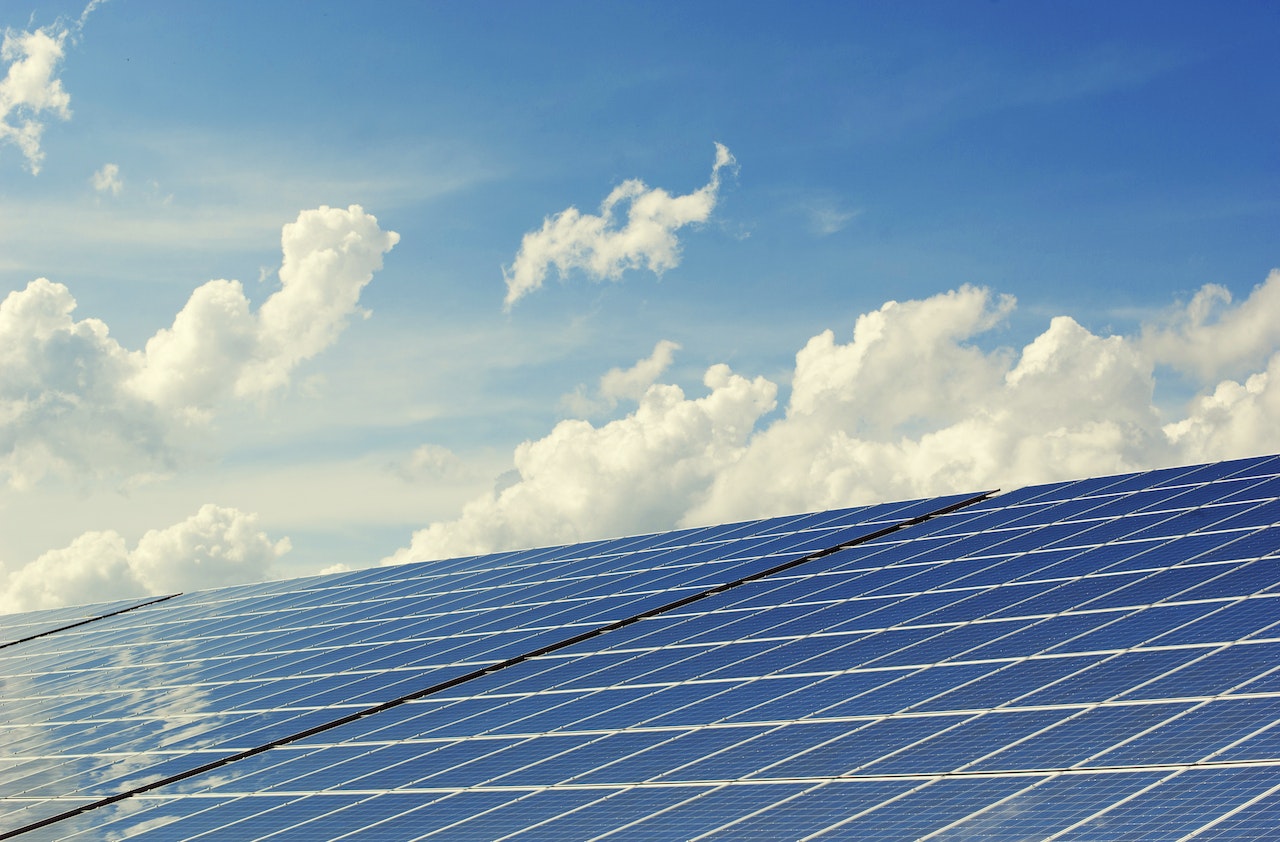In an era where cutting costs is a business imperative, the EnergyEfficiency4SME (EE4SME) project, backed by the LIFE21-CET-AUDITS program, emerges as an opportunity for small and medium-sized enterprises (SMEs) to receive support to become more energy efficient.
In a nutshell, the project seeks to provide businesses with the resources and expertise necessary to make the most of the many grants and other opportunities available to improve their use of resources.
A Deloitte report commissioned as part of the EE4SME project, based on a study conducted in Malta, Austria, Bulgaria, Cyprus, Estonia, France, Germany, Italy and Spain, found considerable untapped potential that policymakers and businesses alike may leverage.
SMEs are known to constitute 99 per cent of all businesses in the EU, making their role in the energy transition crucial. And yet, a staggering 39 per cent of businesses targeted by the project had yet to conduct an energy audit, a fundamental step towards identifying efficiency gains.
The respondents included firms engaged in metalworking, agri-food manufacturers, and hotels, with half of all businesses in the latter sector having not yet carried out an energy audit.
Nonetheless, the hospitality sector showed a greater willingness to initiate new investments, possibly due to the presence of low-hanging fruits which manufacturing companies had already invested in. An assessment of potential energy conservation in southern European hotels has revealed the potential for energy savings up to 30 per cent, particularly in hotels with high annual energy consumption.
An energy audit is thus an important first step, a fact recognised by Malta’s Energy and Water Agency (EWA) which provides funding for them. Energy audits nonetheless require a degree of time and attention on the part of the business, but the retorn on investment can be attractive indeed if the findings are leveraged accordingly.
Aside from the lack of appreciation for audits themselves, businesses underestimate the benefits and potential of energy efficiency investments on the whole. This is in part due to a lack of familiarity with the financial grants and incentives which the European Union has made available to businesses going green. The European Commission estimates an investment gap of €185 billion annually, highlighting the urgency of increasing access to finance for energy efficiency projects, and the need to raise awareness of them and facilitate the process for businesses to apply.
That is because, despite the attempts made by institutions to make it easier for businesses to apply for grants and financial measures, many SMEs still find the process to be bureaucratic and time-consuming, and without there being any certainty that they will receive the funds they are applying for.
Aware of the human resources required to invest time in applying for grants, the EE4SME project offers tailored support services to relevant businesses seeking to become more energy efficient. Through the HelpDesk system, the project seeks to bridge the gap companies experience in terms of the lack of human resources to dedicate to researching and understanding grants.
The study conducted by Deloitte as part of the EE4SME project concluded that SMEs require special focus to aid them in the green transition, including through the use of innovative financing mechanisms such as energy performance contracting schemes that would directly link the amount of energy saved by the amount which a company is asked to pay. This reduces risk for companies and encourages further investment.
The preliminary study produced by the project is also a call to action for businesses, financial entities, and the public sector to deepen the commitment to energy efficiency as a necessary path forward. It provides a blueprint for addressing financing gaps and barriers to implementation, with a further report next year set to offer detailed guidance on structuring and accessing the necessary financing mechanisms to support businesses in their efficiency and cost-savings journey.
EE4SME is one of a handful of leading LIFE projects taken up by the Malta Business Chamber in collaboration with EWA and Eurochambres, and forms part of a wider initiative to help Maltese SMEs receive the full benefits of European funding programmes.
This consortium has also been collecting data on specific financial measures available to businesses across the countries participating in the project. The idea is to develop a database of such measures which is easy for businesses to filter and thus more easily understand what support is available. By uploading the database onto the German Impawatt platform, produced by SENERCON, it is thus easily accessible.
Cross-pollination of efforts between projects is allowing for greater benefits for business to be achieved. For example, through collaboration with the REEValue LIFE project, an initiative to green value-chains which is led by EWA in collaboration with MBB, the EE4SME project can access data on financial measures from Ireland, Greece and Portugal.
The LIFE projects which MBB and EWA are engaging together aim to allow businesses to invest strategically to achieve both cost savings and carbon emissions reductions.
Through research, as evidenced by the Deloitte Malta report, as well as developing resources, EE4SME brings easily an accessible toolkit to policymakers and industry alike for a more competitive and greener Malta.
Mobilising savings into investments
Malta’s equity market needs to grow in size and depth if it is to embrace the EU’s Savings and Investments ...
Reduction in free float
Lowering Malta’s minimum free float requirement to 10% could unlock new opportunities for the local capital market
A golden age for GO plc
GO plc’s Annual General Meeting revealed a bold shift beyond traditional telecoms, stronger-than-ever financials, and possible share buy-backs







